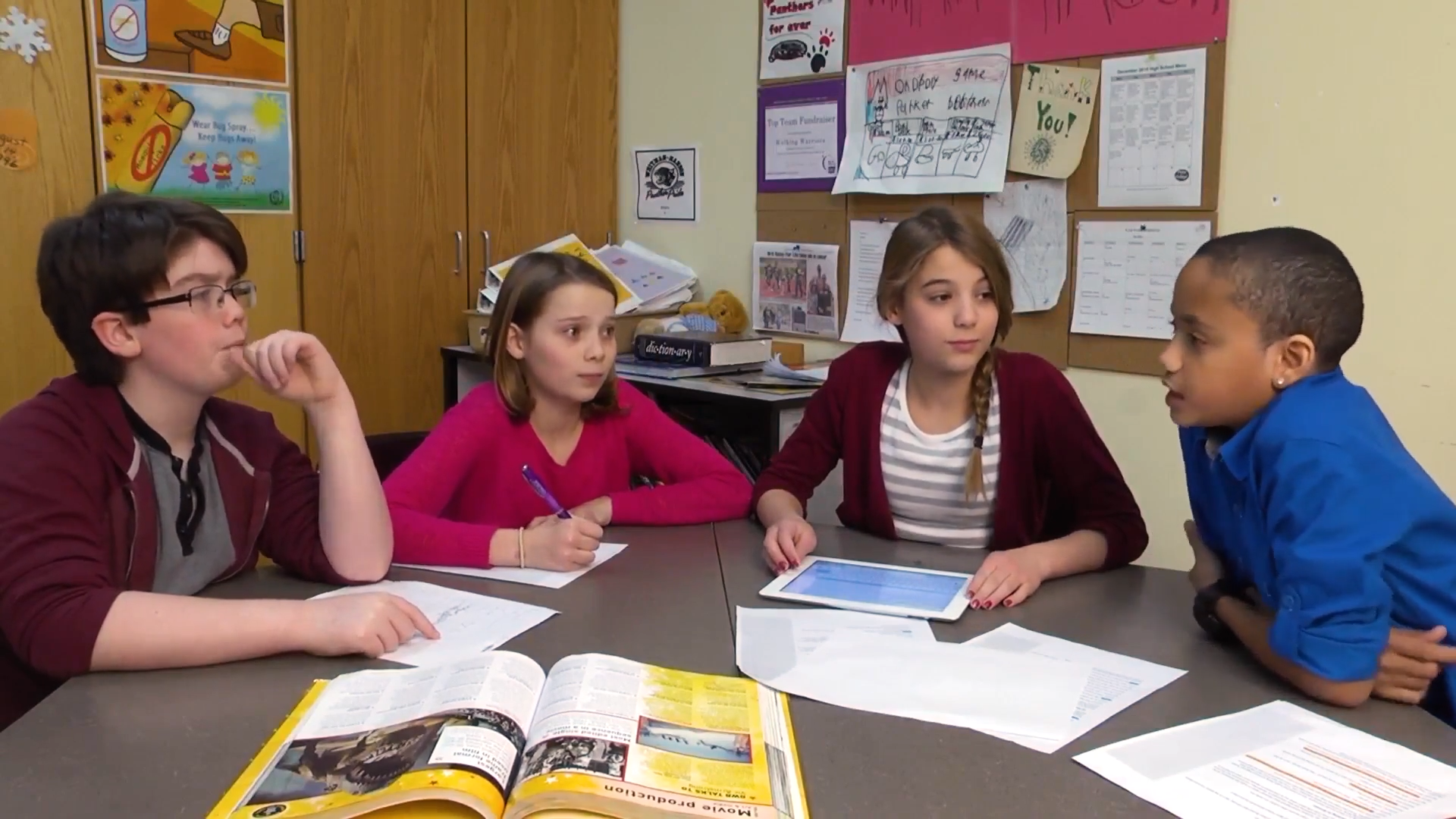
Introduction
Working as a team can be challenging, especially for students in special education. It’s crucial for them to learn how to get along and cooperate with others to achieve a common goal. In this blog post, we will discuss an easy no-prep activity, discussion questions, related skills, and next steps to help educators teach their students the importance of teamwork, compromise, and effective communication.
No-Prep Activity: The Teamwork Tower
This activity requires no preparation or materials from the educator. Divide the students into small groups of 3-4. The objective of the activity is for each group to build the tallest “tower” they can, using only their bodies. They must work together, communicate, and cooperate to form a stable structure. Encourage students to discuss and share ideas before starting the activity. After completing the activity, have a class discussion about the challenges they faced and the strategies they used to overcome those challenges.
Discussion Questions
- How did you feel when you had to work together to build the tower? What challenges did you face, and how did you overcome them?
- How can you apply the teamwork skills you learned in this activity to other group projects or situations in your daily life?
- What strategies can you use to stay calm and compromise when you don’t get your way in a group?
- How can effective communication help improve teamwork and prevent conflicts within a group?
- Why is it essential to be respectful and considerate of others’ opinions and feelings when working in a team?
Related Skills
Beyond teamwork, there are other essential skills that students in special education should learn to be successful in group settings. Some of these related skills include:
- Active listening: Paying close attention to what others are saying and showing genuine interest in their thoughts and opinions.
- Conflict resolution: Identifying and addressing disagreements in a calm, respectful, and constructive manner.
- Empathy: Understanding and sharing the feelings of others, which can help build stronger connections and improve teamwork.
- Assertiveness: Expressing one’s own thoughts and feelings confidently and respectfully without infringing on the rights of others.
Next Steps
Teaching teamwork skills to students in special education is a crucial aspect of their overall development. By incorporating the principles of Social-Emotional Learning, educators can help their students develop the necessary skills to work effectively in groups and handle conflicts with grace and understanding. To access free samples of materials related to teamwork skills and other essential social-emotional learning concepts, sign up at Everyday Speech.

